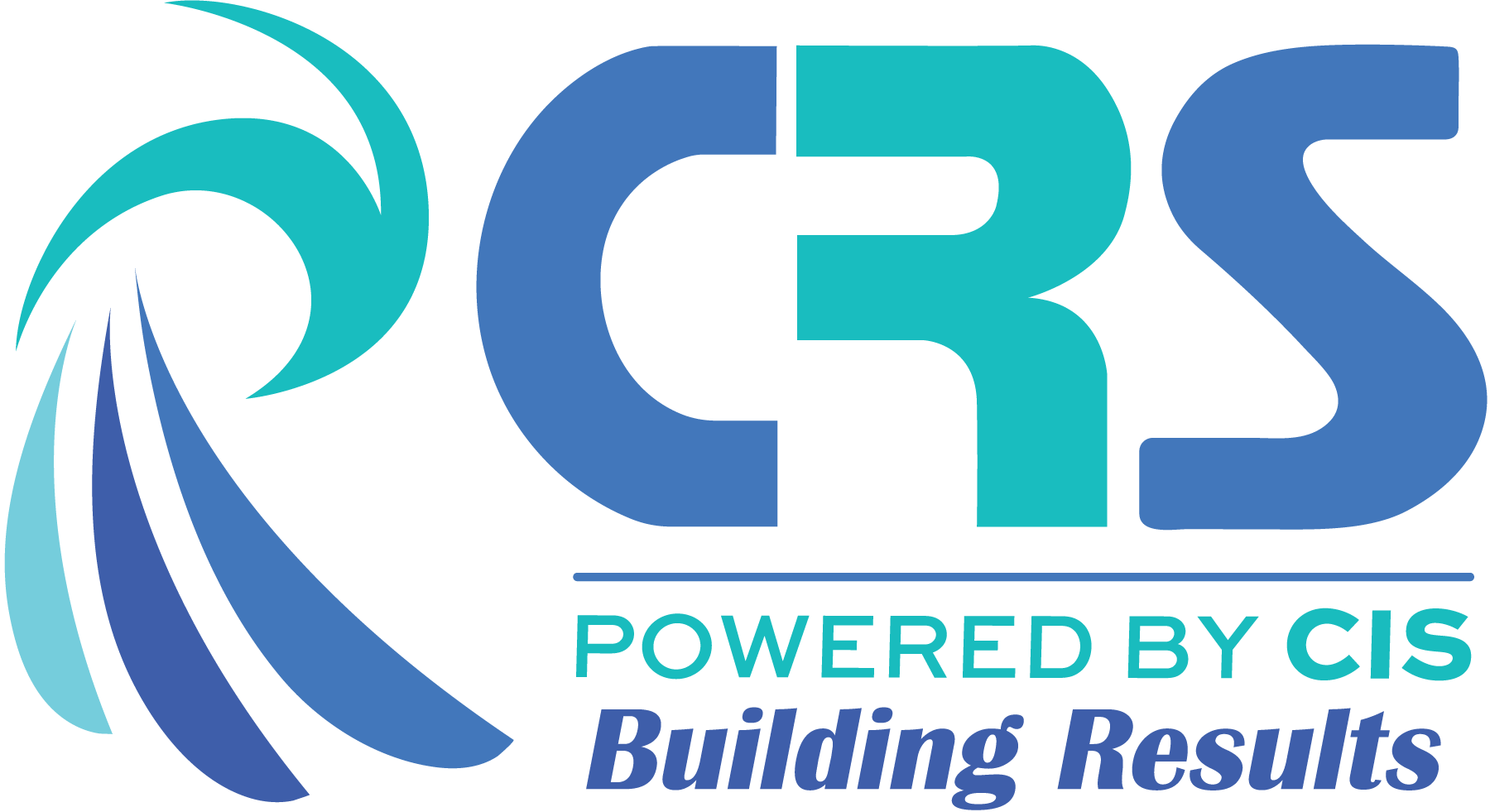Every year, businesses that carry workers’ compensation insurance should anticipate undergoing a workers’ comp audit. But what exactly does this entail, and what are auditors looking for? Let’s delve into the key aspects of a workers’ comp audit and what you need to know.
Verification of Payroll
One of the primary focuses of a workers’ comp audit is to verify your company’s payroll. Regardless of the size of your business, auditors need to ensure accurate reporting of how much you’ve paid your employees. This information is crucial because insurance premiums are typically calculated based on payroll figures. Therefore, auditors will meticulously examine payroll records to confirm the amounts paid out to employees.
Adjustments and Credits
During the audit process, adjustments may occur if discrepancies are found between estimated and actual payroll figures. For instance, if a business projected a higher payroll than what was actually paid out, they might be eligible for a credit. This adjustment can result in refunds or reduced premiums for the business. Conversely, if a business underreported payroll, they may face additional premiums or penalties.
Verification Methods
Auditors employ various verification methods to ensure the accuracy of payroll records. This may include scrutinizing timesheets, examining cashed checks, and reviewing bank statements. By cross-referencing these documents, auditors aim to identify any irregularities or inconsistencies in payroll reporting. Timesheets play a crucial role in confirming employee presence and activities, as they provide a detailed account of hours worked.
Importance of Tax Documents
Tax documents, such as 1099 forms, are also scrutinized during workers’ comp audits, particularly in industries like construction where subcontractors and day laborers are common. Even if workers are classified as independent contractors (1099), businesses may still be responsible for providing workers’ comp coverage for them in certain circumstances. Auditors use tax documents to assess the extent of 1099 filings and ensure compliance with workers’ comp requirements.
Conclusion
In conclusion, undergoing a workers’ comp audit is a routine yet essential process for businesses with workers’ compensation insurance. Auditors focus on verifying payroll accuracy, assessing adjustments or credits, and scrutinizing documentation like timesheets and tax records. By understanding the expectations and requirements of a workers’ comp audit, businesses can ensure compliance and mitigate potential risks associated with inaccurate reporting.

